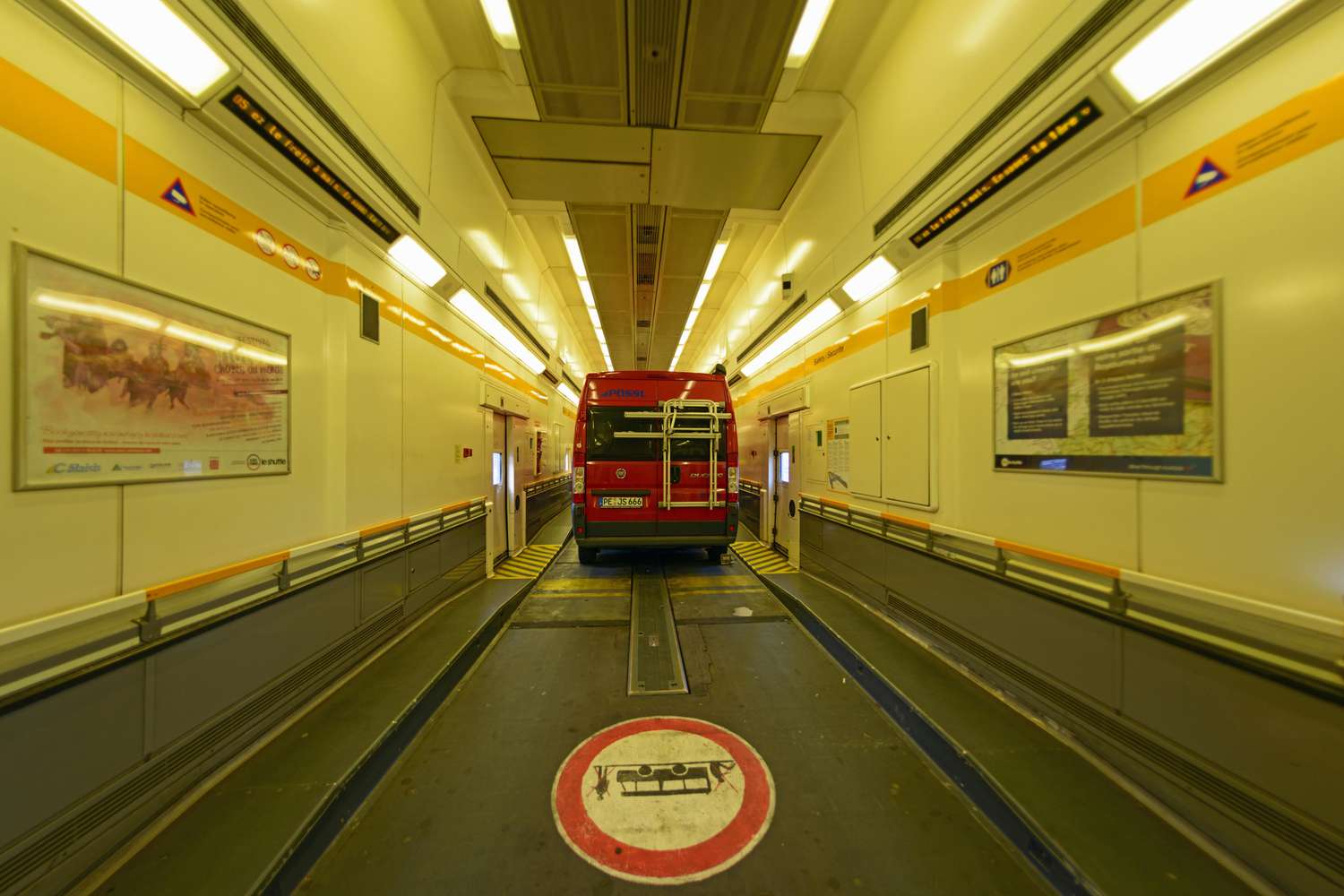Back in my previous article, I looked at the confusion around whether UK travellers would need to show proof of travel insurance when entering the EU once the new Entry/Exit System (EES) takes effect on 12 October 2025. At the time, the message was clear: medical insurance is not a blanket requirement for entry into the Schengen area, and the UK’s Global Health Insurance Card (GHIC) continues to provide reciprocal healthcare cover.
However, a new development has just emerged – and it specifically affects Eurostar passengers travelling from London St Pancras.

What’s Changing for Eurostar Passengers?
Eurostar passengers clear French passport control before boarding i.e. the checks take place in London. With the rollout of new biometric kiosks at St Pancras, passengers will now face additional questions when registering their details:
- Do you have somewhere to stay?
- Do you have a return ticket?
- Do you have sufficient funds to support yourself (cash or credit card)?
- Do you have medical insurance?
If you answer “no” to any of these, the system will alert a French Police aux Frontieres officer, who could refuse you entry.
Why Is Medical Insurance Being Questioned?
This is where things get complicated. The European Commission has confirmed that medical insurance is not a formal requirement for UK visitors to the Schengen area. But the French border authorities apply stricter rules of their own.
Officially, they expect travellers to have insurance covering:
- Medical and hospital expenses
- Emergency repatriation
- Costs in the event of death
In the past, these rules were rarely enforced. But from 12 October, the kiosk process will make them part of the standard questioning for Eurostar passengers.
The twist? This requirement also applies to Eurostar services to Brussels, Rotterdam, and Amsterdam, even though Belgium and the Netherlands do not ask for medical insurance from visitors arriving by plane. That means a traveller flying to Amsterdam may not face the question – but someone going by train via France could.
What About Eurotunnel?
Interestingly, motorists travelling on LeShuttle (Eurotunnel Folkestone–Calais) are not expected to face the same line of questioning, despite clearing French controls before boarding.

Should You Take Out Travel Insurance?
So where does this leave UK travellers?
Technically, insurance isn’t compulsory for entry into the EU. But if you’re travelling by Eurostar, you could be asked for proof – and dishonest answers can be challenged with requests for documentation.
For that reason, having comprehensive travel insurance is increasingly advisable. Not only does it cover the unexpected (from hospital care to lost luggage), but it could also prevent problems at the border.
The Bottom Line
When EES launches on 12 October, Eurostar passengers will need to be ready to show:
- A return or onward ticket
- Proof of accommodation
- Funds for their trip
- Medical insurance
This doesn’t represent a change for all EU entry points – just for Eurostar travellers processed by French border officials at London St Pancras.
So, while my earlier article explained why insurance wasn’t technically required, this new update shows how the reality at the Eurostar border will be stricter. If you’re travelling by train to Paris, Brussels, or Amsterdam, it’s safest to arrange cover in advance.
We have a free advice service for anyone unsure about these new regulations and rule changes. We are here to help, so don’t hesitate to reach out to us! You can book a meeting here, send us a message, or give us a call on 01902 288104